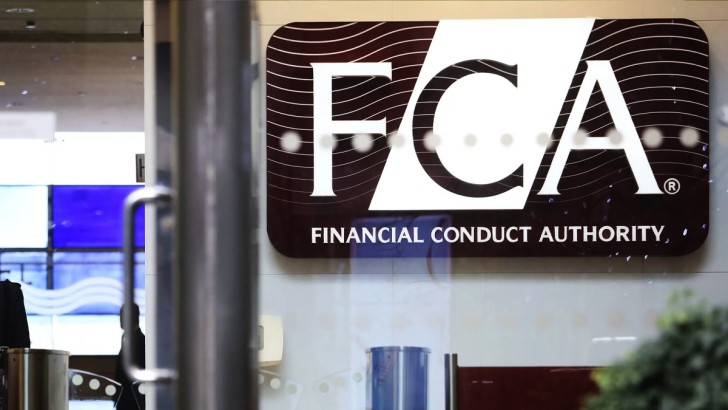Cryptocurrency Intelligence Associate
The openingin the British financial authority is for a 12 month contract, based in its Enforcement & Market Oversight office in London. FCA is responsible for the approval and oversight of firms and individuals in the country’s financial sector. According to the data posted on the FCA’s recruitment page, the incumbent will be :
- Undertaking the delivery of intelligence support and advice to Authorisations, Supervision and Enforcement for the processing of applications connected with identified high risk factors (Jurisdiction, product or identified previous adverse intelligence, linked to the 5 MLD and the crypto sector.
- Researching, preparing and disseminating intelligence material (including reports and other products) to inform Authorisations and Supervisory action. Including the appropriate handling and dissemination of sensitive intelligence.
- Working with partner agencies to identify, liaison and share intelligence, were necessary and relevant, to inform FCA decision-makers.
- Building and maintaining effective working relationships with colleagues in other business areas within the FCA and with external stakeholders involved in crypto and related harm and risk.
- Assisting in identifying and training staff in relevant processes as and when required
- Attend and contribute to knowledge sharing events and identify opportunities to share experiences to peers and stakeholders
FCA has a very detailed requirements of the perfect candidate, that includes extensive experience in handling cryptocurrencies, blockchain related and other emerging financial technology. The candidate should also have an understanding of the financial crime landscape, UK’s economic strategy and should also have extensive grip on technology, such as handling digital databases and Microsoft based software.
5AMLD
Due to the rise of cryptocurrencies, FCA believes it needs to be more diligent in the crypto sector. With the 5AMLD (5thAnti Money Laundering Directive) covering the digital assets, now enforced, the increased checks, supervision and guidance to the public and financial institutions means that cryptocurrencies are now covered in a larger detail and context than ever.
This is probably the reason that the financial regulator is now wants to understand how digital assets are being used in the financial crimes sector and create strategies to counter. Yet, as the recruitment’s page plays out the role of the Cryptocurrency Intelligence Associate, the candidate will not be on a witch hunt to stop cryptocurrencies, but actually helping FCA develop strategies while keeping a good relation with external stake holders such as cryptocurrency related platforms and firms.
This would mark an important step in the UK’s crypto sphere. Perhaps the doors are finally open for the government to integrate and accept cryptocurrencies in the mainstream of the financial landscape of the United Kingdom.
 Saad Ullah
Saad Ullah

 Saad Ullah
Saad Ullah


